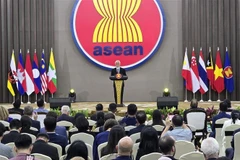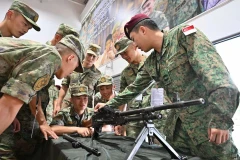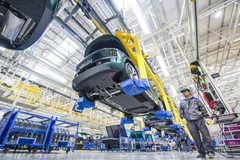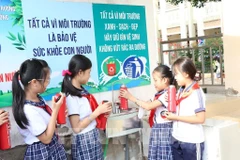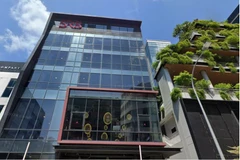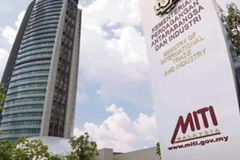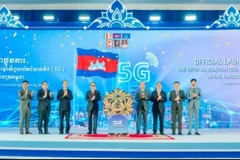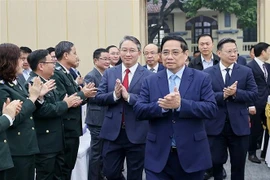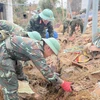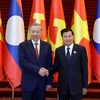Prime Minister LeeHsien Loong revealed the decision on May 31 at a meeting with hisvisiting Japanese counterpart Shinzo Abe, according to Kyodo newsagency.
Singapore stopped importing foodproducts from Fukushima after the March 2011 massive earthquake andtsunami triggered one of the world's worst nuclear disasters at theFukushima Daiichi complex in northeastern Japan .
Lee and Abe, meeting on the sidelines of the 13 th Asia Security Forum(Shangri-La Dialogue) in the city state, agreed to seek an earlyconclusion of Trans-Pacific Partnership trade talks and strengthenbilateral security cooperation.
They alsoconfirmed a plan to revise a bilateral economic partnership agreementthat took effect in 2002 with the aim of further promoting trade andinvestment between the two nations.
Japan andSingapore have boasted strong economic ties over many years.Singapore was the first country to sign a bilateral free tradeagreement with Japan.-VNA


